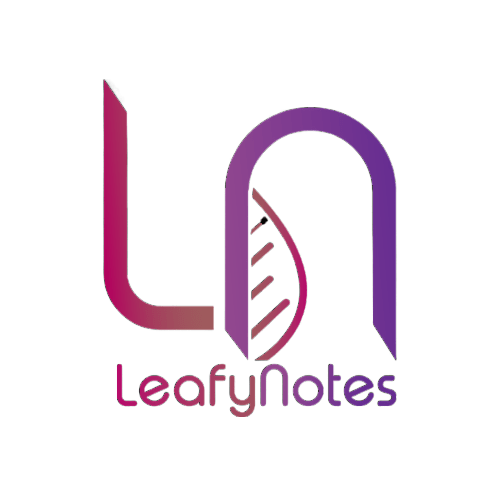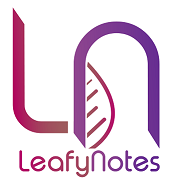The Future of Clinical Documentation: Automation and A.I.

As mental health care continues its rapid evolution, so does the technology supporting it. The convergence of automation and Artificial Intelligence (A.I.) is transforming clinical documentation, setting new standards for efficiency and accuracy.
Why Automation Matters in Clinical Documentation


Automation offers a promising solution, reducing the time and effort therapists spend on paperwork, allowing them to dedicate more focus to patient care.
Enter Artificial Intelligence (A.I.)

The benefits of automation are amplified when paired with A.I. With its ability to process vast amounts of data, recognize patterns, and generate insights, A.I. is poised to revolutionize clinical documentation.
- Efficiency: Advanced algorithms can quickly generate accurate and comprehensive notes, dramatically cutting down on the time therapists spend on documentation.
- Accuracy: A.I. can reduce human error, ensuring notes are consistent and compliant with best practices.
- Personalization: Machine learning models can adapt to individual therapist preferences and styles, making each note unique and tailored.
LeafyNotes A.I.: Pioneering the Change

Among the emerging solutions, LeafyNotes A.I. stands out as a game-changer. By blending cutting-edge A.I. technology with an intuitive user interface, it streamlines the entire note-taking process. Whether it’s SOAP, DAP, GIRP, or BIRP notes, LeafyNotes A.I. can generate them in mere moments, allowing therapists to focus on what truly matters: their patients.
A Glimpse Into the Future

The integration of A.I. in clinical documentation is just the beginning. As technology continues to evolve, we can anticipate:
- Voice-activated note-taking: Therapists could dictate their notes, with A.I. transcribing and organizing them in real-time.
- Predictive analytics: Leveraging data to forecast patient needs and suggest interventions.
- Seamless EHR/EMR integration: Directly integrating A.I.-generated notes into electronic health record systems for a cohesive patient history.

The future of clinical documentation is undeniably intertwined with automation and A.I. As these technologies continue to evolve and integrate into the fabric of mental health care, therapists will find themselves equipped with tools that not only enhance efficiency but also elevate the quality of care they provide.


Responses